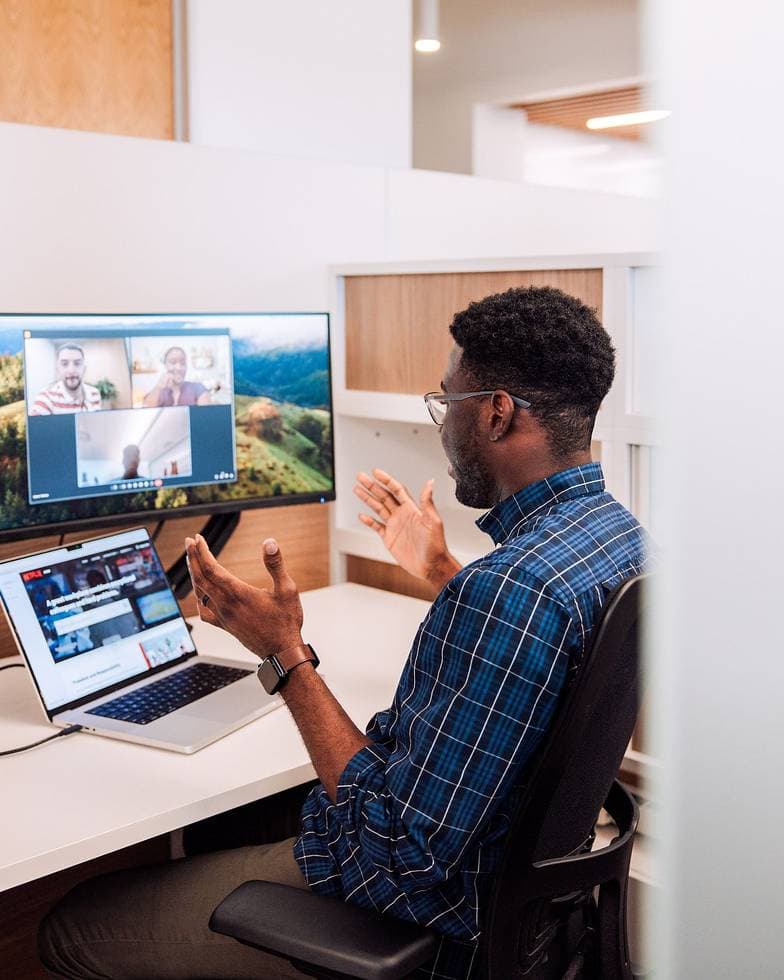
At Netflix, our goal is to set you up for success. We’ve built a program that invests in your success by deeply integrating you into Netflix. You will have the chance to participate in dedicated New Grad sessions that encompass onboarding and technical training while enhancing your professional development and personal wellness. And we'll also help you build community with fellow New Grads and your more experienced peers and leaders.
New Grad roles are typically posted in late September or October. The availability of these positions may vary each year depending on our hiring needs. Please revisit our site during that period for the latest updates and opportunities.
We want to learn more about your skills and the kind of work that excites you during your interview. Although your experience will be customized by role, here is a broad overview of what you can expect. New Grad interviews at Netflix typically include a take-home assessment followed by two rounds of interviews, with advancement based on the feedback at each stage. Interviewers will evaluate your technical (if applicable), role-specific, and behavioral skills. This will help us align you with your Dream Team at Netflix.











